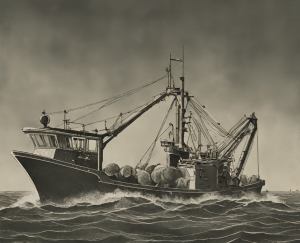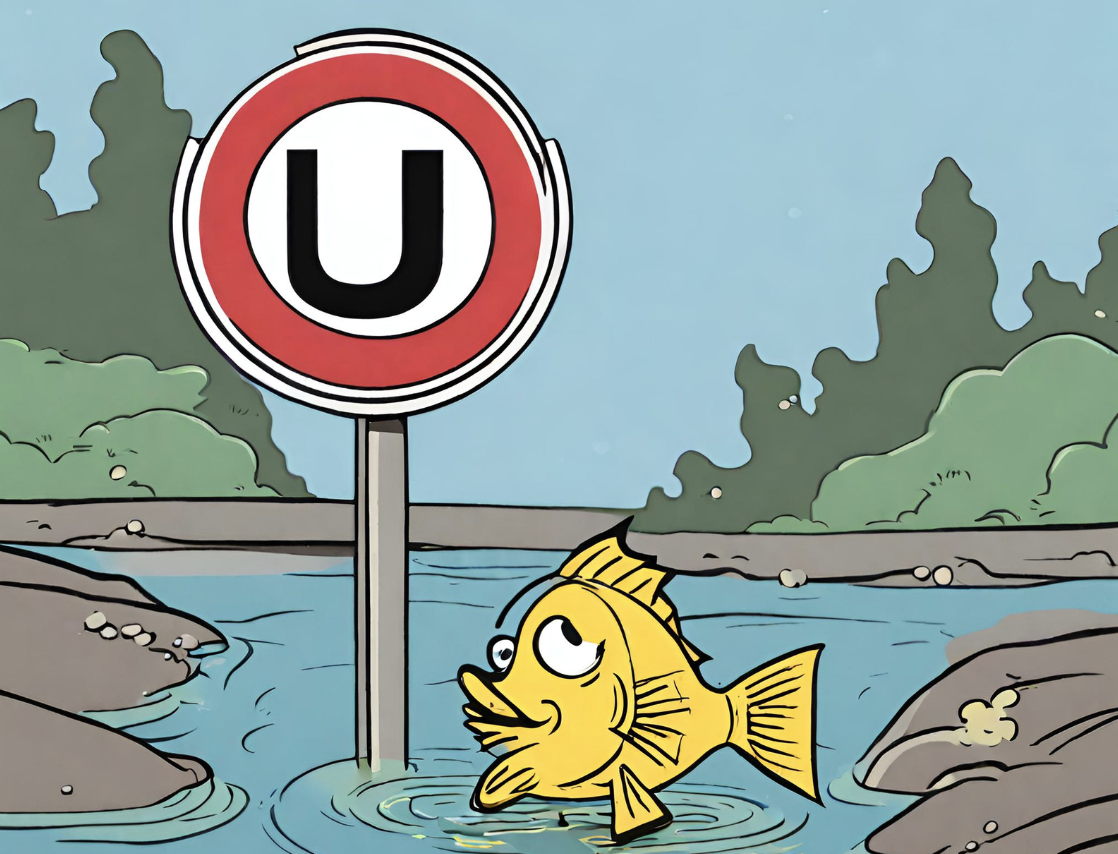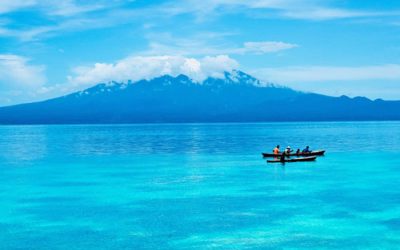New Zealand’s recent shift in stance on deep-sea trawling has ignited a flurry of discussions among conservationists, raising eyebrows globally. The decision to backtrack on a previously supported proposal to curb bottom-trawling in the South Pacific has left many perplexed, particularly given the country’s reputation as a proponent of environmental conservation.
 At the heart of the matter seems to lie the close association between the new National Party led coalition Government’s Fisheries Minister Shane Jones and the fishing industry. Jones, known for his unabashed support for the sector, has defended the government’s decision, citing the need to prioritise economic recovery in the wake of global uncertainties. However, critics argue that this move may compromise New Zealand’s standing as a responsible global citizen and risk irreversible damage to fragile marine ecosystems.
At the heart of the matter seems to lie the close association between the new National Party led coalition Government’s Fisheries Minister Shane Jones and the fishing industry. Jones, known for his unabashed support for the sector, has defended the government’s decision, citing the need to prioritise economic recovery in the wake of global uncertainties. However, critics argue that this move may compromise New Zealand’s standing as a responsible global citizen and risk irreversible damage to fragile marine ecosystems.
The debate over deep-sea trawling underscores the delicate balance between economic development and environmental preservation. While the fishing industry plays a crucial role in New Zealand’s economy, concerns about its sustainability and the long-term health of marine biodiversity cannot be ignored.
Karli Thomas, an ocean consultant closely monitoring the situation, expressed concerns over the potential environmental ramifications of allowing unrestricted bottom-trawling. Similarly, Kayla Kingdon-Bebb from the World Wildlife Fund has underscored the need for responsible stewardship of natural resources, warning against short-term gains at the expense of long-term sustainability.
Despite the controversy surrounding the government’s decision, Jones reiterated the importance of considering all perspectives and conducting thorough assessments before implementing policies. He acknowledged the government’s responsibility to safeguard both economic interests and environmental concerns, highlighting the complexities inherent in policymaking.
As discussions continue to unfold, stakeholders from all sides remain engaged in a dialogue aimed at finding a balanced approach that ensures the well-being of both the fishing industry and the marine environment. Ultimately, the outcome of this debate will have far-reaching implications for New Zealand’s environmental legacy and its role in global conservation efforts.



